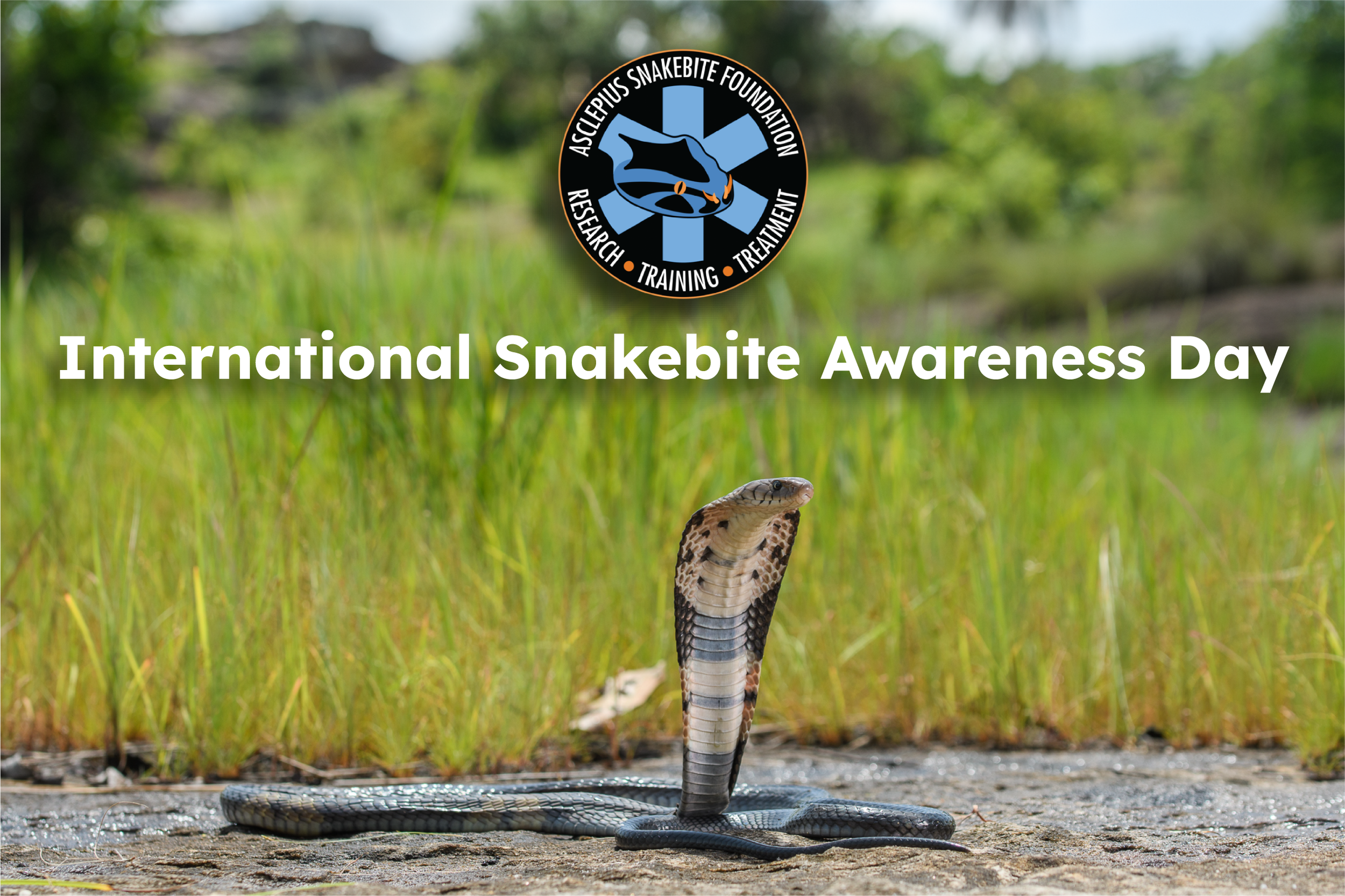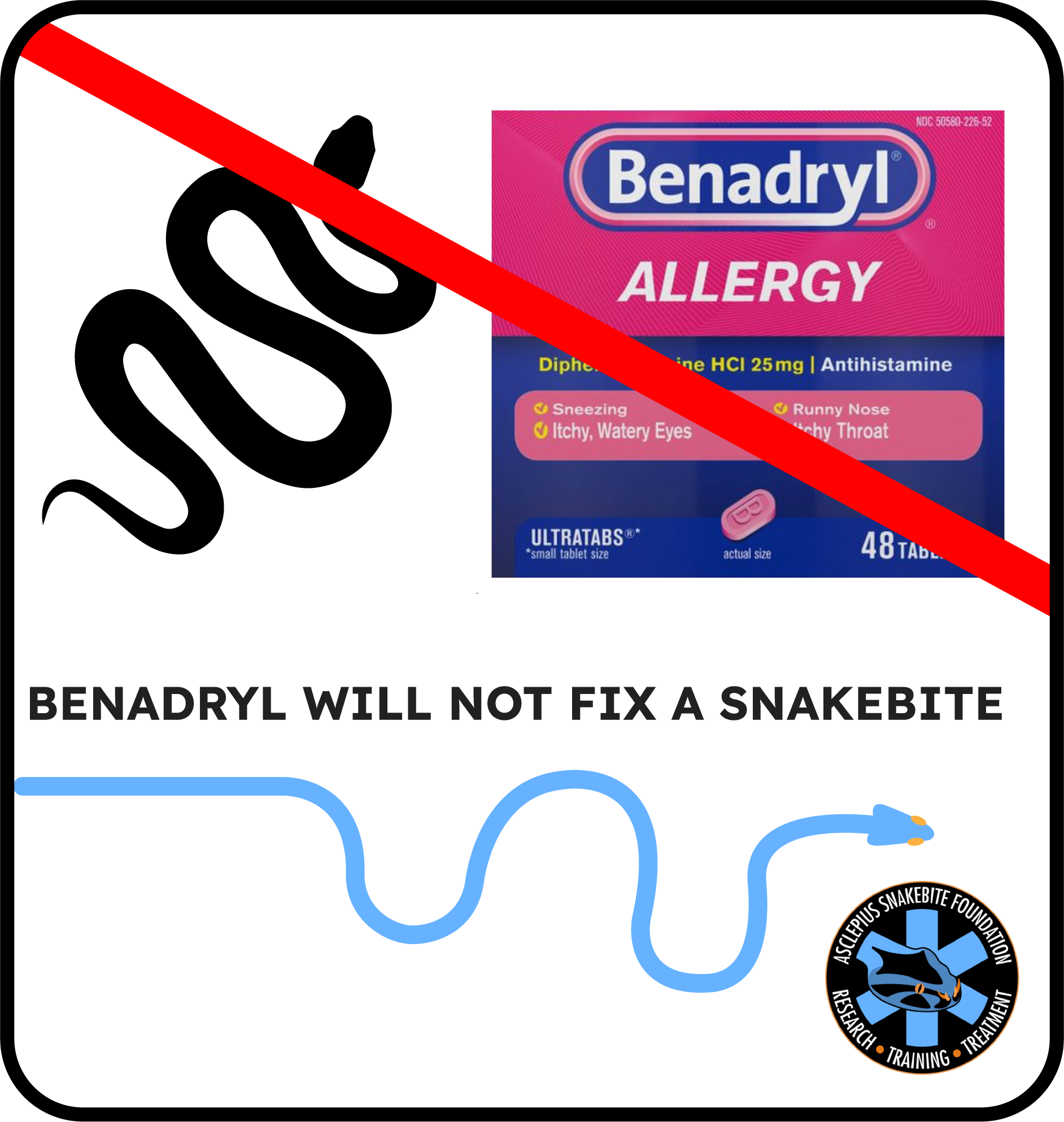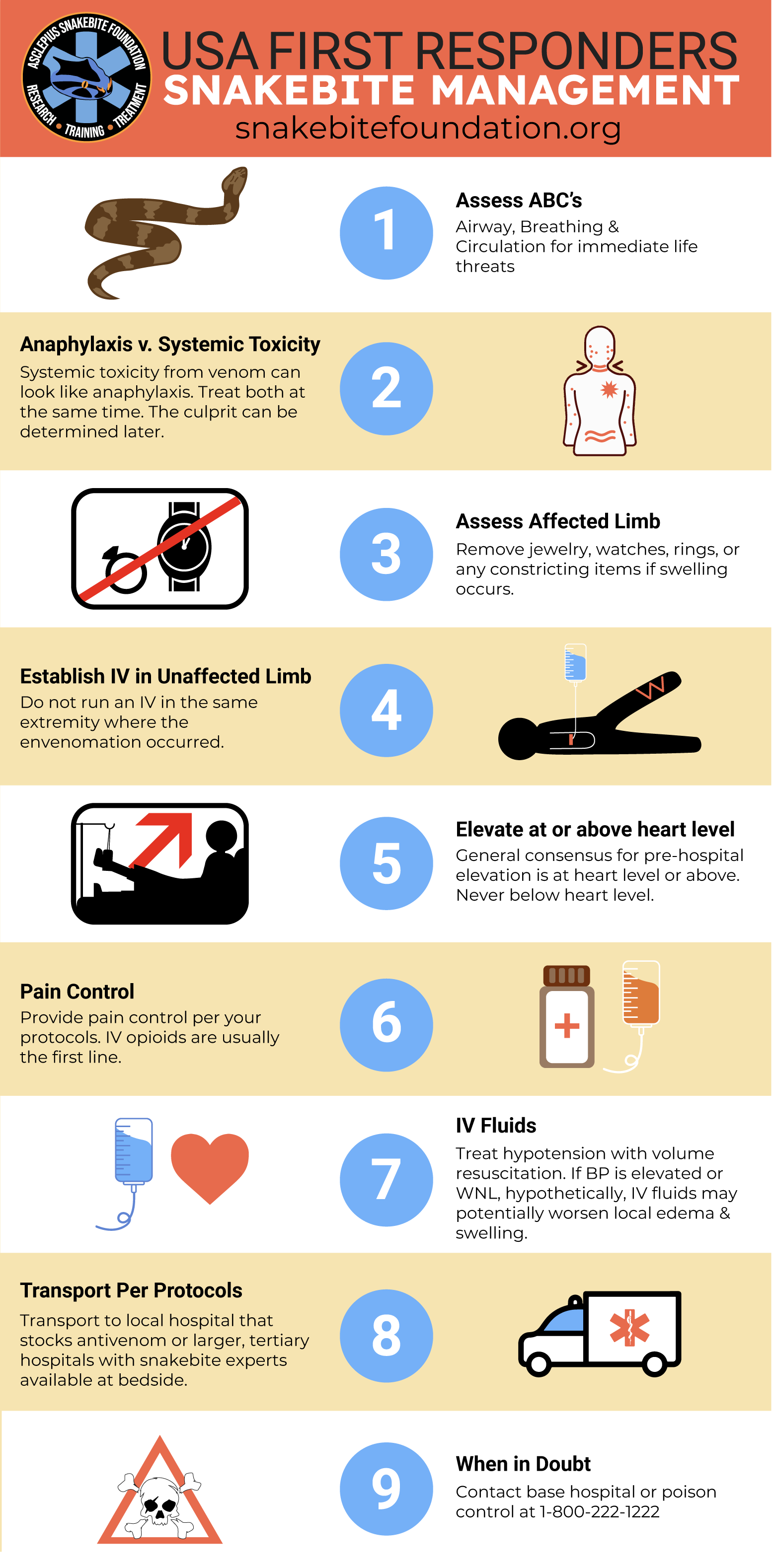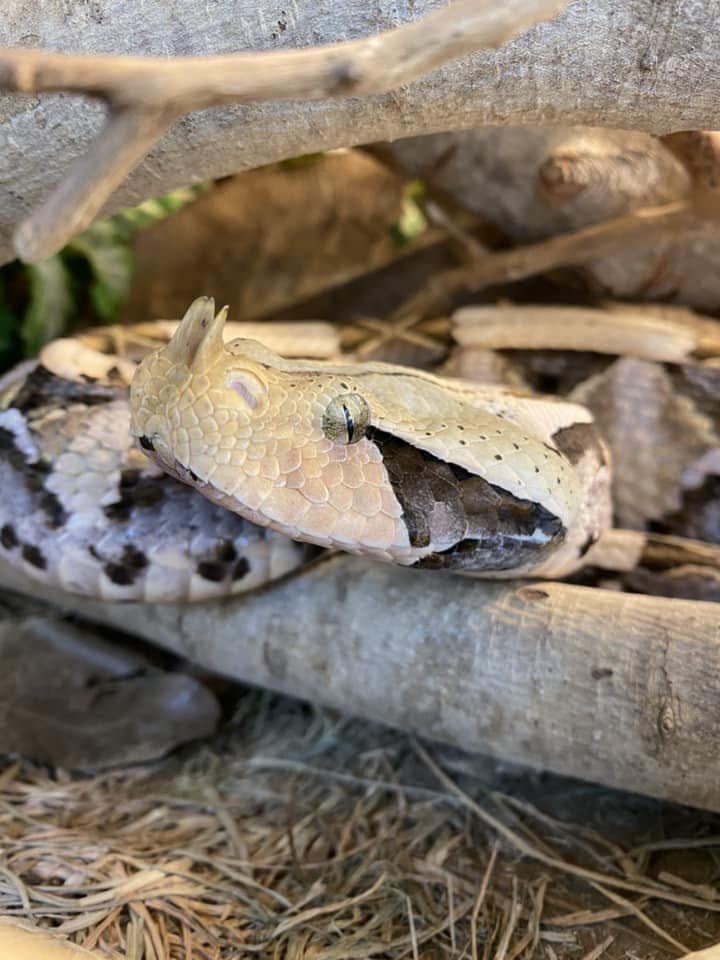
Read, Share, Give
The ASF team works diligently to address the dire need for snakebite support in tropical climates. If you enjoy the articles below, please consider making a tax-deductible donation. Recurring or one-time donations, no matter the amount, equate to life-changing support for snakebite victims and their families. If there are any topics you’d like addressed, please email us. We always love the opportunity to educate.

International Snakebite Awareness Day
Each year on September 19th, the world observes International Snakebite Awareness Day—a crucial initiative aimed at raising awareness of the often-overlooked problem of snakebite injuries. Every four minutes, someone in the world dies from a venomous snakebite. Despite being a significant global health crisis, snakebite treatment remains under-discussed and underfunded, particularly in developing countries. This day serves as a reminder of the urgent need for action, education, and better resources to combat this preventable tragedy. Asclepius Snakebite Foundation is committed to improving outcomes and reducing the harms caused by snakebites.

Benadryl Does Not Fix Snakebites
In short, Benadryl is not effective for snake envenomations in humans or other animals. Please stop sharing this information. Antivenom along with proper supportive care are the only effective treatments supported by peer-reviewed literature.

How to Treat Snakebites for First Responders in the United States
Approximately 9,000 snakebite envenomations occur yearly in the United States. Most of these envenomations are due to pit vipers, including rattlesnakes, cottonmouths, and copperheads. Fortunately, due to rapid access to medical care, deaths are rare, with only 3 to 5 occurring nationwide each year. Our emergency medical system is the first link in the chain of treating patients. In comparison to many areas of the world, the U.S. has an advanced system of highly-trained EMTs and paramedics skilled in the prompt assessment, stabilization, and transport of critically ill patients.

Veterinary Antivenom Brands and How They Work
Many people ask about the antivenoms that are used for envenomations in dogs and cats, so here is your immunology lesson for the week.

Veterinary Experts Do Not Recommend the Rattlesnake Vaccine
Veterinary experts in snakebite medicine do not recommend the rattlesnake vaccine

How is Antivenom Made?
Snakebites are a global health crisis, affecting millions of people every year. Venomous snakes can deliver a lethal dose of venom with a single bite, making immediate treatment a matter of life or death. Thankfully, immunology pioneers in the 1890’s were the first to develop snake antivenom…and we still use the same process today!

What to Expect When You’re Expecting…. And Snakebitten
Snakebites can lead to serious consequences regardless of the victim's age or health, pregnant women face additional challenges due to the potential harm that venomous toxins can inflict on fetal development. It is crucial to address snakebite treatment promptly and efficiently to minimize risks.

Snakebite Treatment: Past, Present, and Future
Snakebites have challenged humans for centuries. Without a proper understanding of how snake venoms worked, physicians used the same ineffective treatments through much of history. Antivenoms are now manufactured all over the world to treat all kinds of snakebites and scientists are creating new potential therapies with the goal of more effectively treating all snakebites.

The Push for Exotic Antivenoms in the United States
Historically, the responsibility of stocking antivenom for exotic snake bites has fallen on the shoulders of local zoos. When a keeper is bitten, the zoo would generously donate antivenom to the patient. However, this approach not only strains the zoos, requiring time to replace antivenom and putting keepers at risk, but it also poses a danger to the patient due to the time-consuming logistics of organizing and executing antivenom transportation. In cases of envenomation, every minute is crucial.

